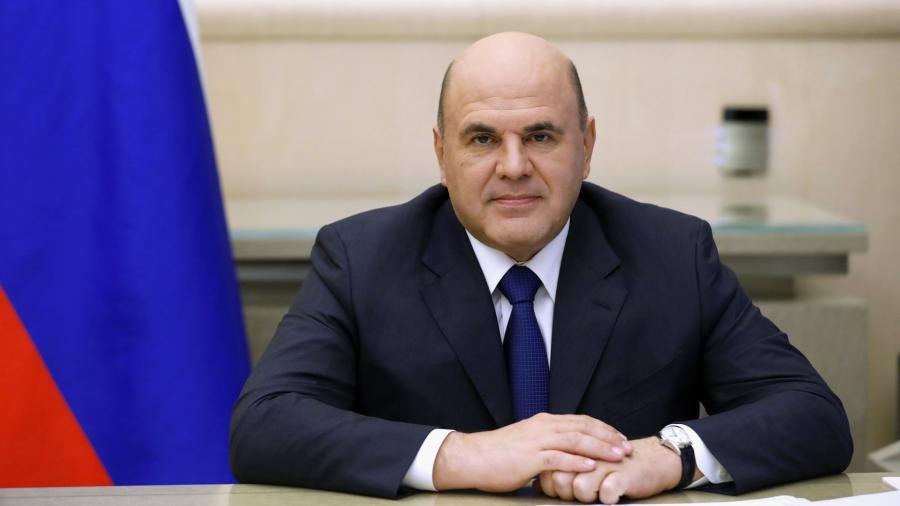On June 30, Prime Minister Mikhail Mishustin announced the results of the Advanced Engineering Schools competition at a meeting of the Russian Government. The organizer of the competition is the Ministry of Science and Higher Education of Russia, and the operators are Federal State Autonomous Scientific Institution "Center for Sociological Research" and National Research Nuclear University MEPhI. The university is responsible for the expert-methodological and methodological support of the project.

Mikhail Mishustin at a meeting of the Government of the Russian Federation
According to the Head of Government, 89 universities from 45 different regions participated in the competition. 30 universities, which presented the most developed programs, were selected.
In 2022, the winning universities will receive grants of 84.5 million rubles. For this purpose, more than 2.5 billion rubles are planned in the federal budget for this year. In total, more than 30 billion rubles have been earmarked for the creation of engineering schools in the budget for the next 2.5 years.
Private investments will also be attracted to the creation of advanced engineering schools. In 2022, high-tech companies plan to invest about 4 billion rubles in the project.
“Engineering schools will help to develop innovative industries within the country, which will provide the best graduates with interesting and promising jobs,” – said Mikhail Mishustin.
The result of the implementation of the Advanced Engineering Schools project should be the creation of 100 new advanced training programs for engineering personnel and 100 new laboratories and pilot plants equipped with modern high-tech equipment.
MEPhI Rector Vladimir Shevchenko, summing up the results of the competition, noted that large federal projects systematically influence the development of domestic higher education. This also applies to the 5-100 project, the Priority 2030 project, and, of course, the Advanced Engineering Schools project.
“Modern engineering is excitingly interesting, – said Vladimir Shevchenko. – We have already felt the first result of this project. Representatives of industrial partners, rectors of universities, governors, and the actual leaders of future schools were present in the teams of universities at the defense of projects. This is an important indicator of attention to the topic. I am convinced that extra-budgetary funding for a number of participating schools will continue regardless of who wins and who does not. We should see systemic shifts in a year or two, when what the participants announced in the form of plans is being implemented: real funding will come, laboratories will open, and new training formats will start working. One of our tasks will be to collect, analyze and replicate the best practices for the entire system of engineering education in the country.”





